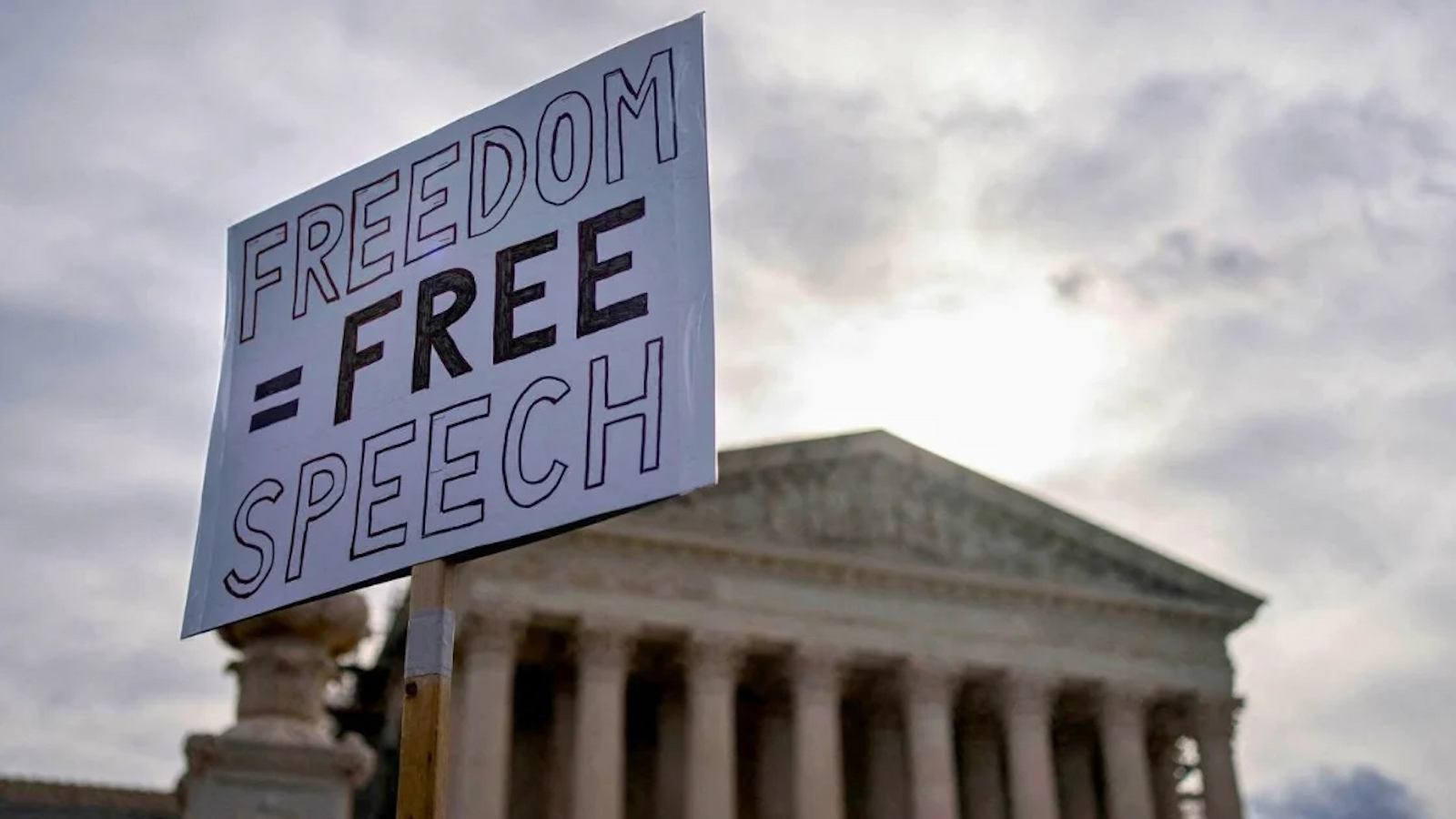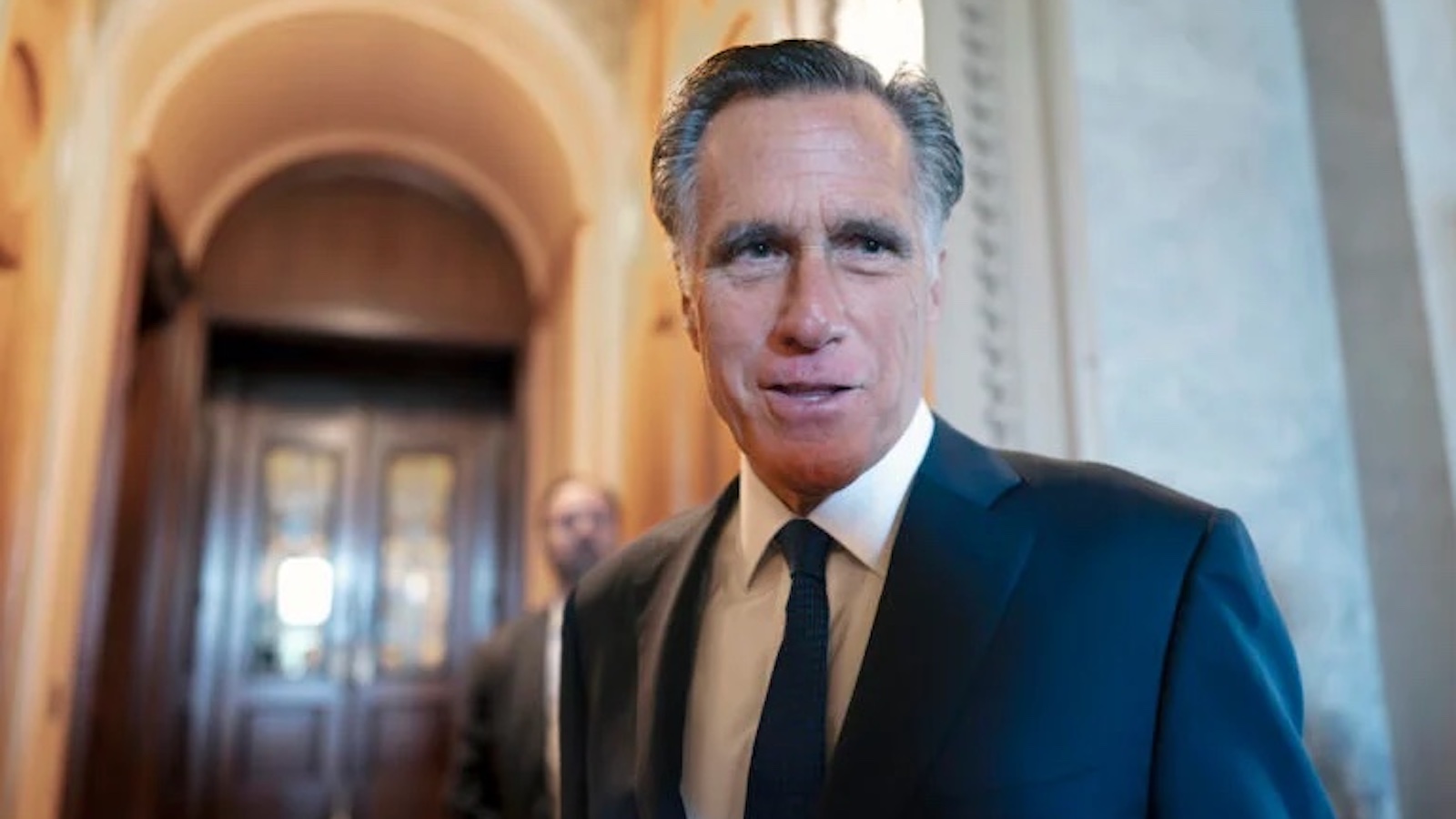
Supreme Court rules that you own your property. Duh.
The Supreme Court stood up for private property rights in a surprise ruling against a major tech company Tuesday. The issue in dispute was to what extent patent holders are allowed to dictate the terms under which their products are used, even after a sale has taken place. Lexmark, the printer supply company, was claiming patent infringement because a third-party company, Impression, was offering to refill old printer cartridges for customers by disabling the part of the technology that prevents such refills. The court ruled that Lexmark could not continue to exercise control over its products after selling them to customers.
This may seem like a niche industry fight, but in fact it has wide-reaching implications for consumers. Companies like Apple are notorious for tightly controlling third-party access to their products, prohibiting independent companies from repairing their computers or phones and attempting to stop users from unlocking the phones’ software. Similarly, as automobiles have become more computerized, such constraints have been placed upon owners. A particularly egregious case comes from farmers who are legally prevented from repairing their own tractors due to patents on the software that controls the motors, forcing them to return to the manufacturers and pay monopolistic prices for repairs.
These controls have always fallen under the domain of intellectual property protection, with patent holders claiming the privilege of controlling how their products are used by customers. But these legal protections undermine the very nature of ownership. You can hardly be said to own anything if the person from whom you’ve bought it can continue to dictate what you do with your property in perpetuity.
In fact, companies like Apple are merely seeking to use government to scoop up excess profits at the expense both of their customers and their competitors. The use and abuse of intellectual property laws has always attracted those who see an easy legal avenue to maintaining monopoly prices and shutting out competition, to the detriment of markets, technological progress, and of course consumer choice.
The Supreme Court’s ruling opens the door for all sorts of innovation to take place within the technology sector. If owners are free to modify products purchased from the manufacturers — products that by all rights should be the exclusive property of the buyers — there’s no telling what kinds of new and innovative uses we may see.
On a more mundane level, allowing people to do what they want with their own property will simply save money and make life easier. Farmers will be able to improve their own tractors at a fraction of the cost, and iPhone users will be able to take their devices to third-party experts for repairs, modifications, and upgrades, again at a lower cost than Apple would charge. The robust competition created in this way can only be good for everyone in the long run, with the only drawbacks in the point of view of the original manufacturers, who will have to work a bit harder to earn their customers’ business, rather than resting on the laurels of intellectual property laws.
Apple has not commented on this particular ruling, and it remains to be seen how far this case will go in its application to other situations, such as software licenses, for example, but the defender of physical property rights cannot help but be encouraged by the court’s decision.
The digital age has presented numerous challenges to traditional definitions of property, with rent-seeking companies continually trying to expand the definition to include everything from software processes to the shape of smartphones. Clear thinking and common sense are required to make sure that property rights are respected, while not being inappropriately applied in such a way that they stifle innovation, competition, and consumer choice.
This article originally appeared on Conservative Review.
Free the People publishes opinion-based articles from contributing writers. The opinions and ideas expressed do not always reflect the opinions and ideas that Free the People endorses. We believe in free speech, and in providing a platform for open dialogue. Feel free to leave a comment.



